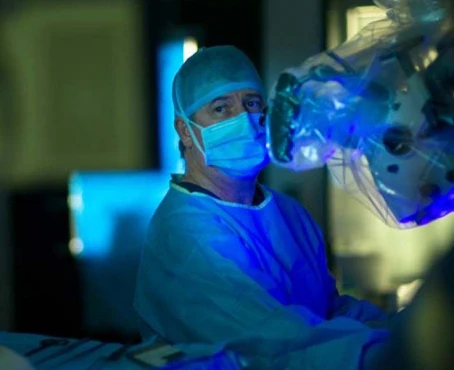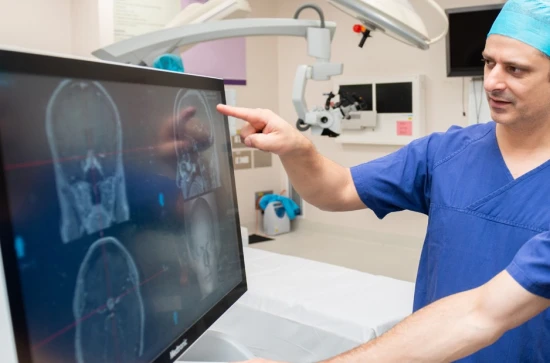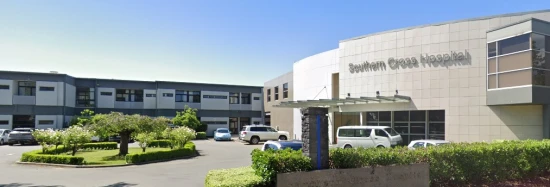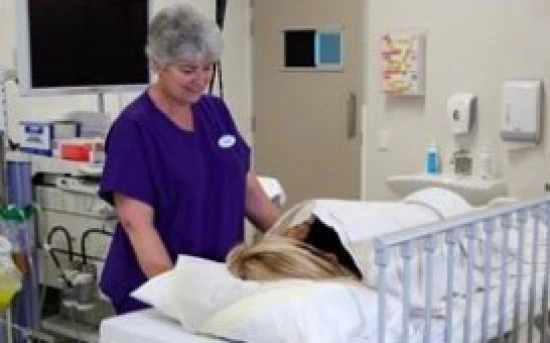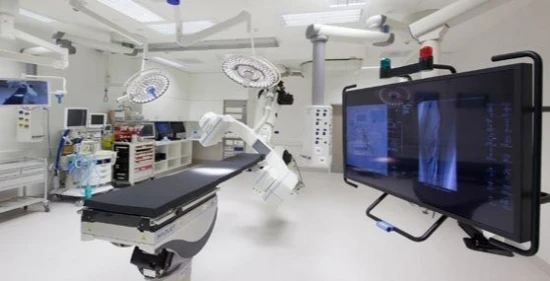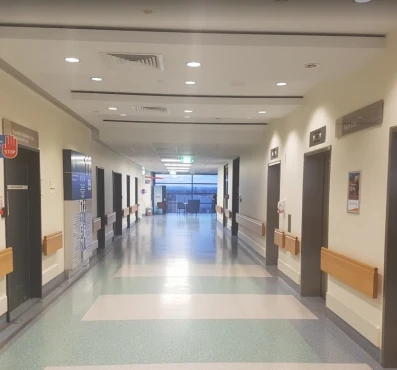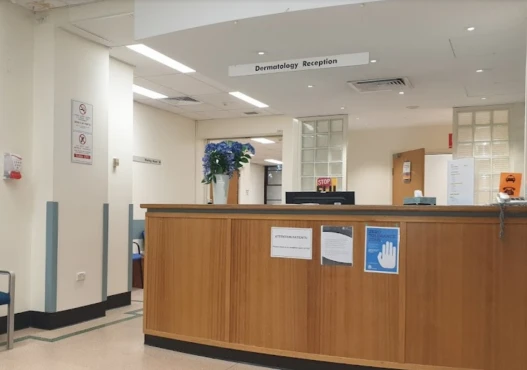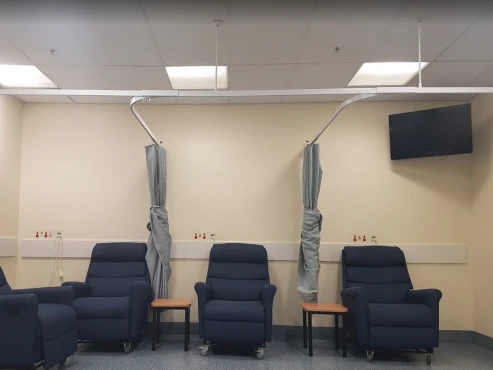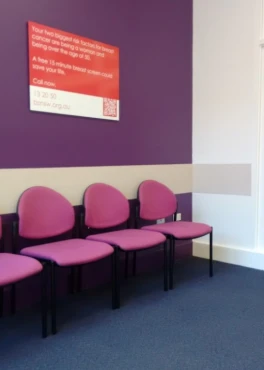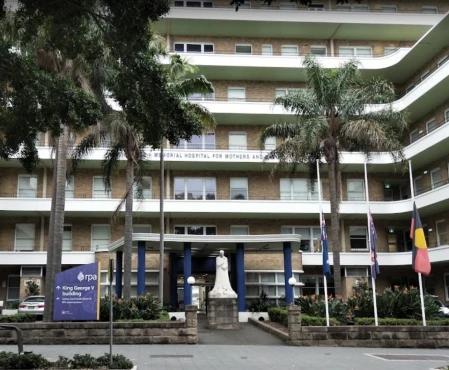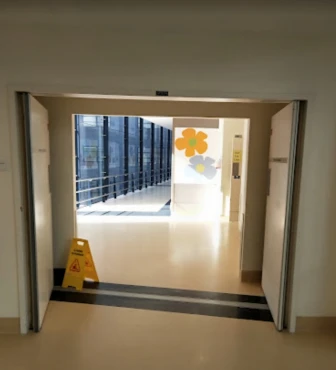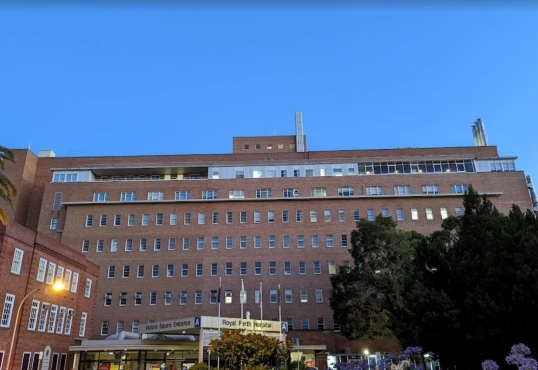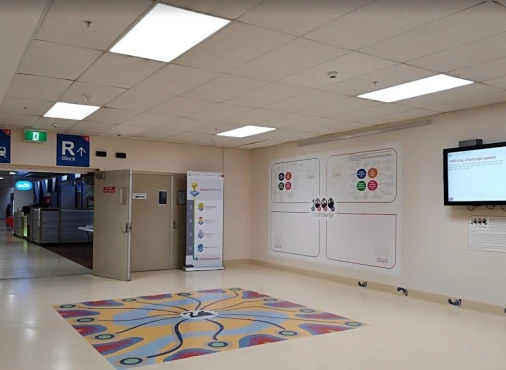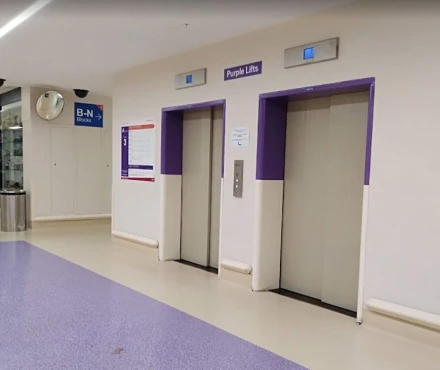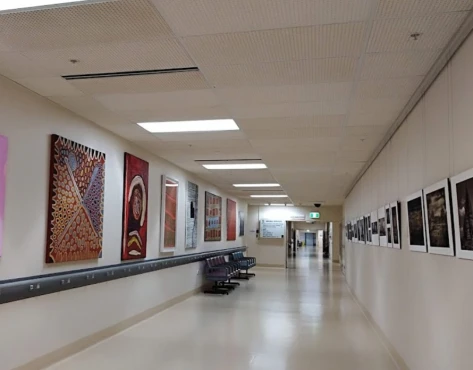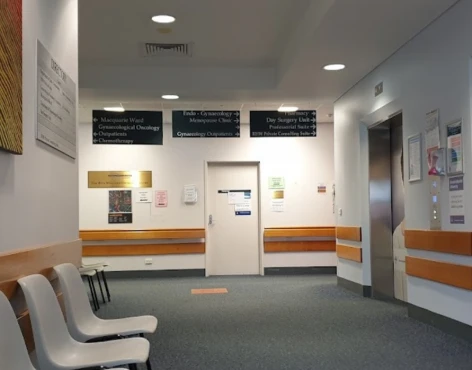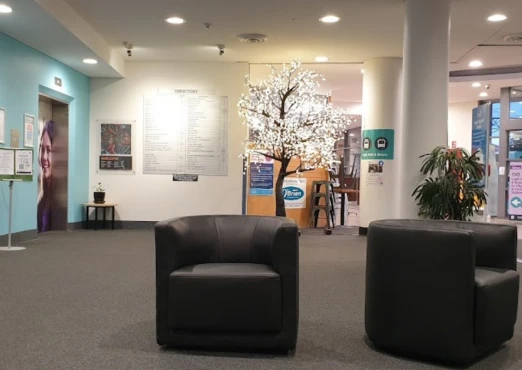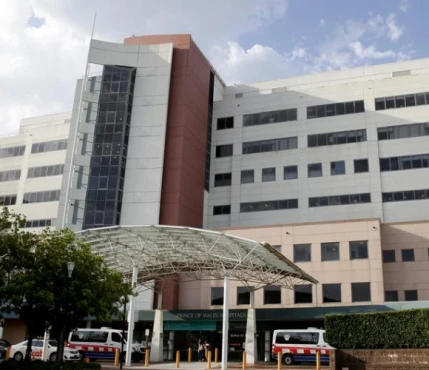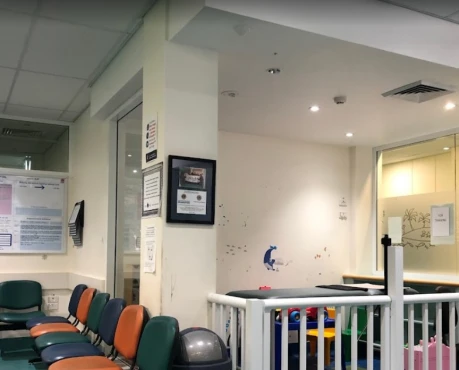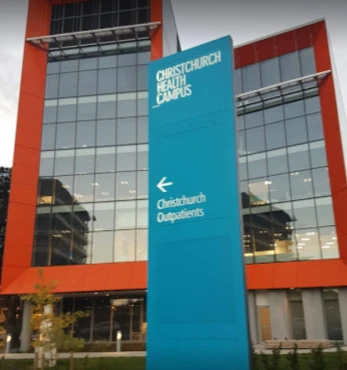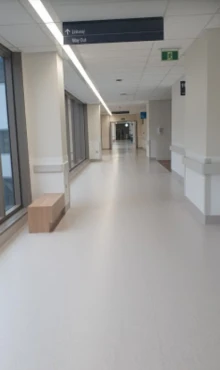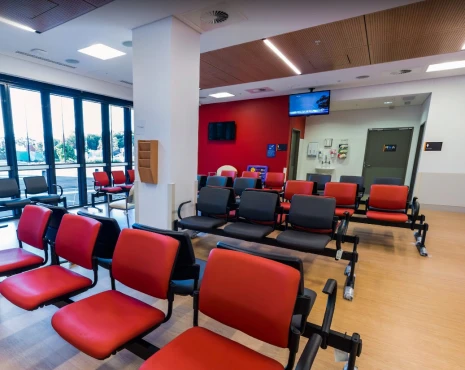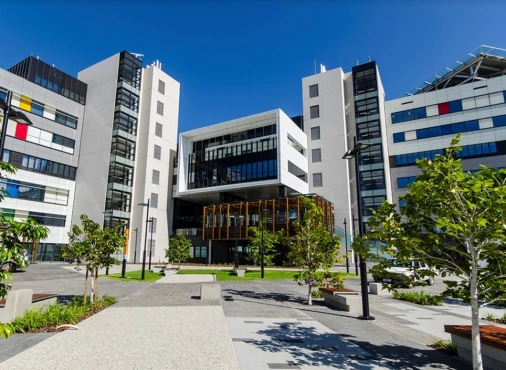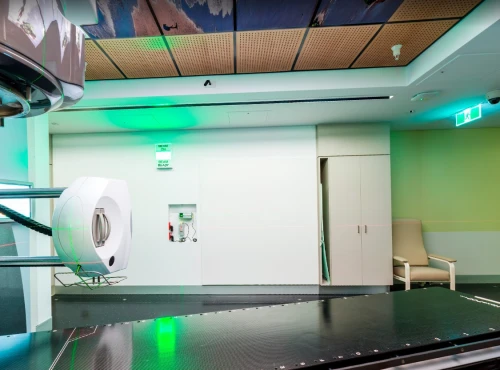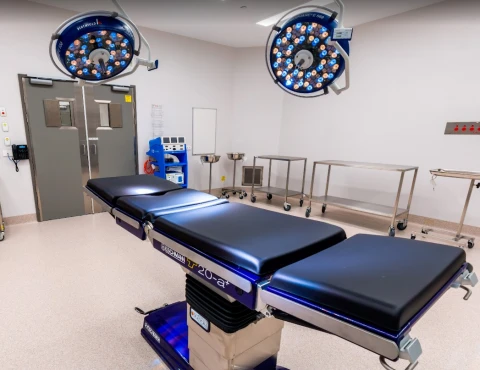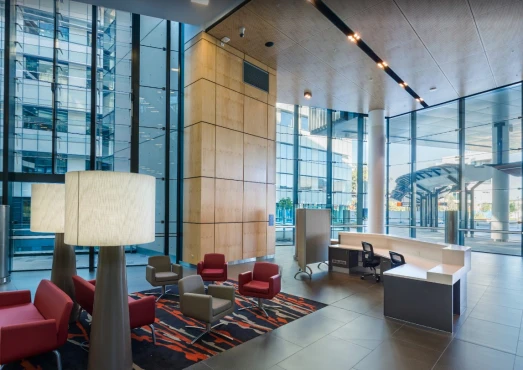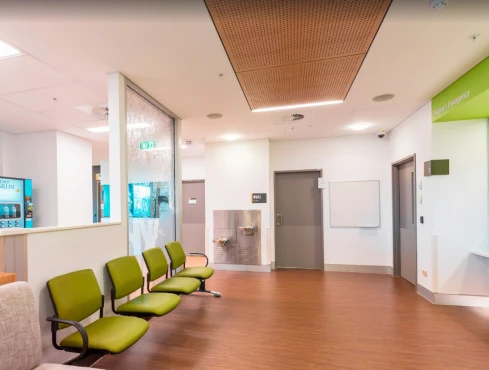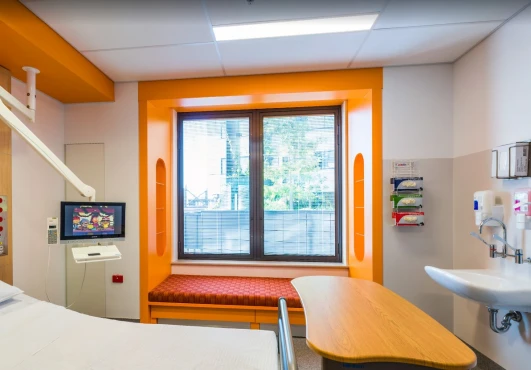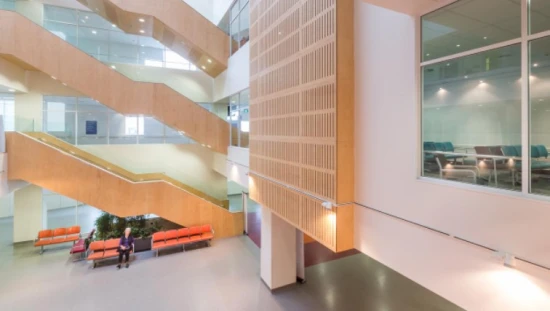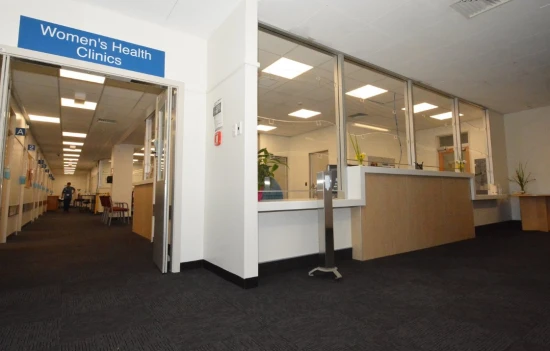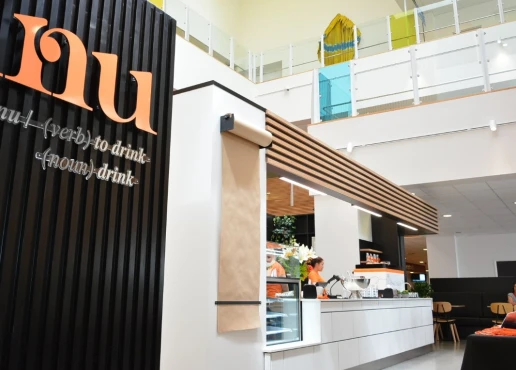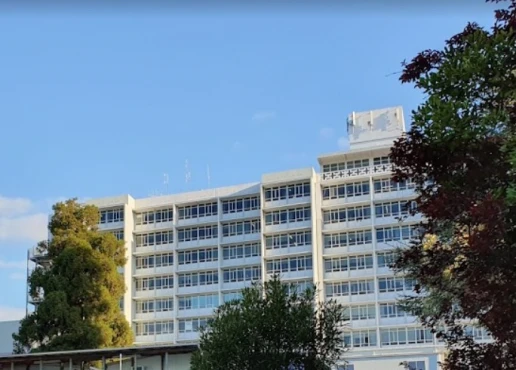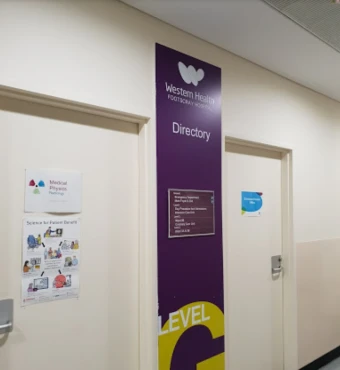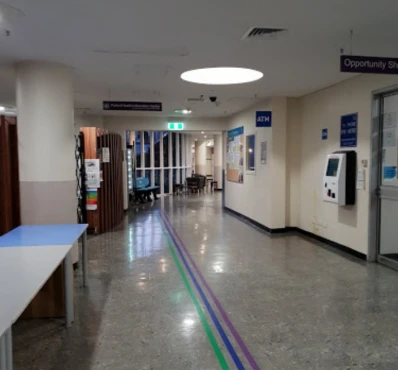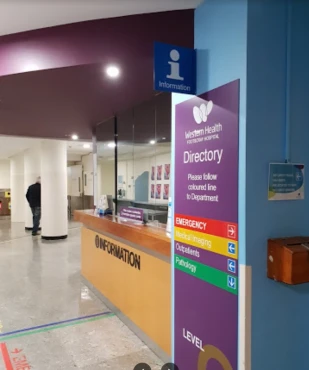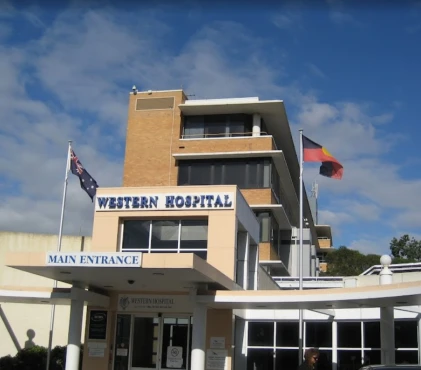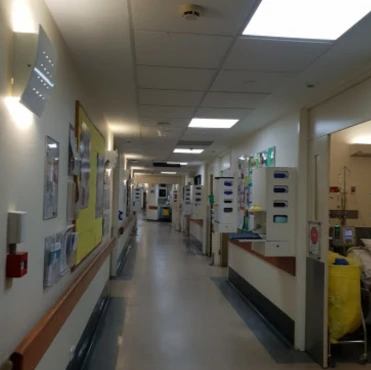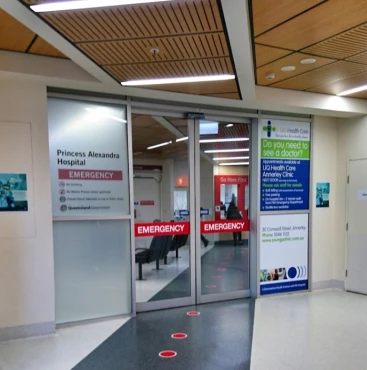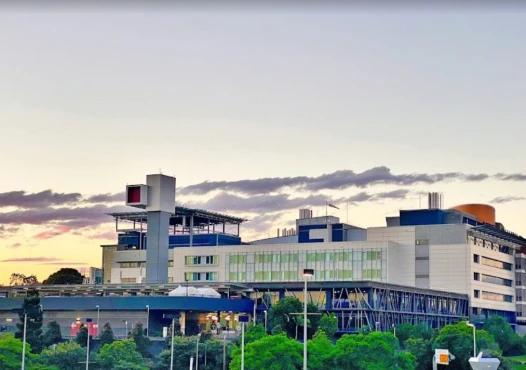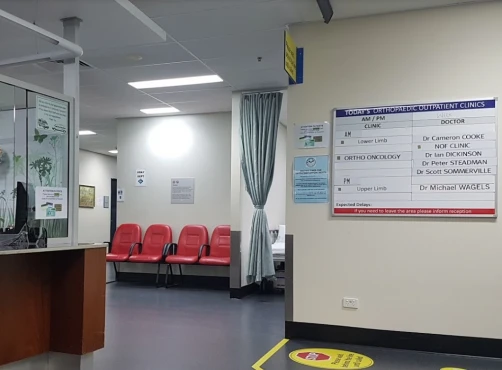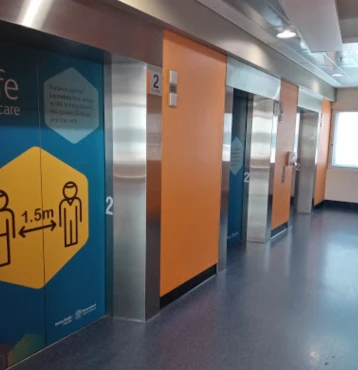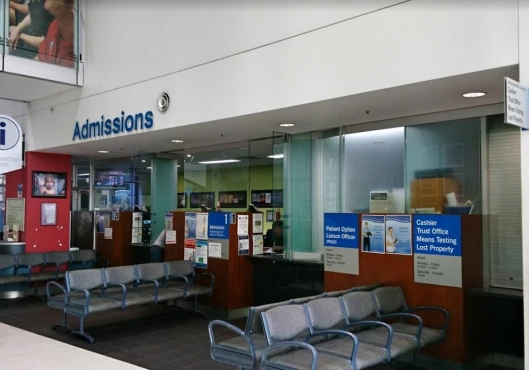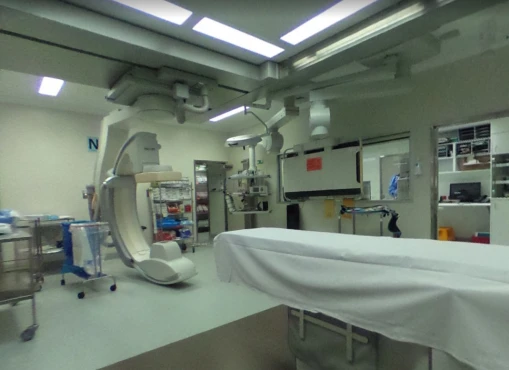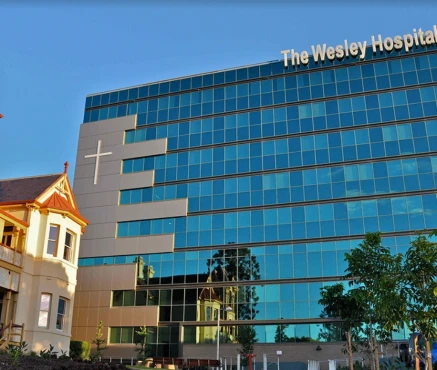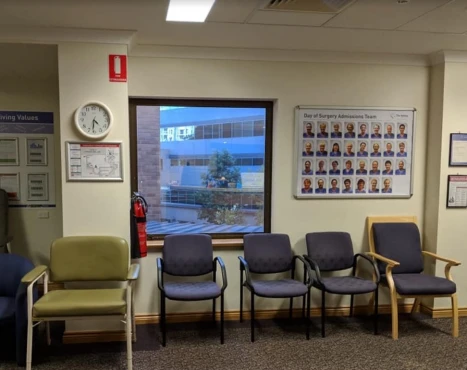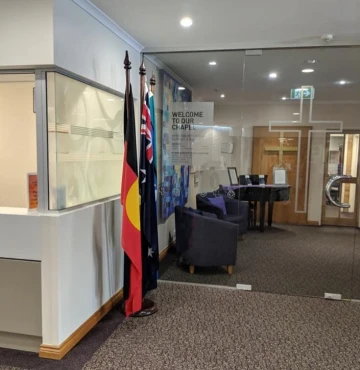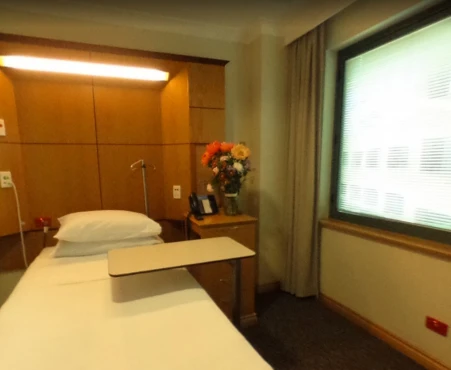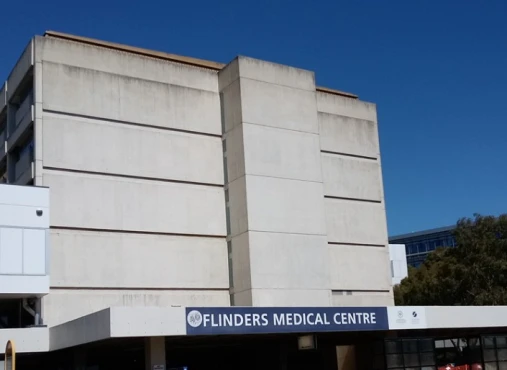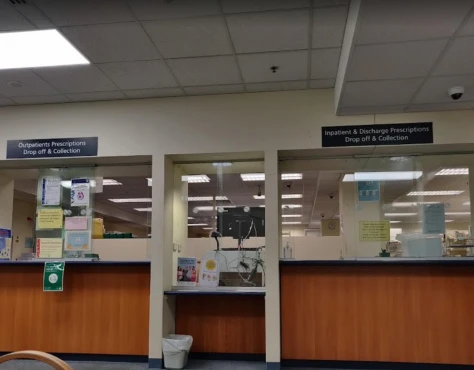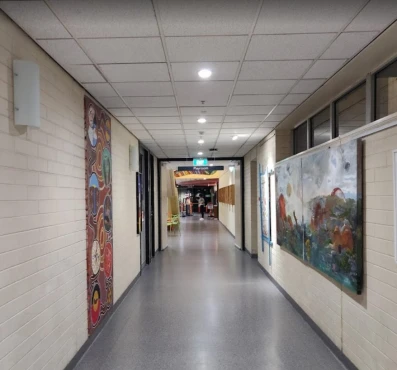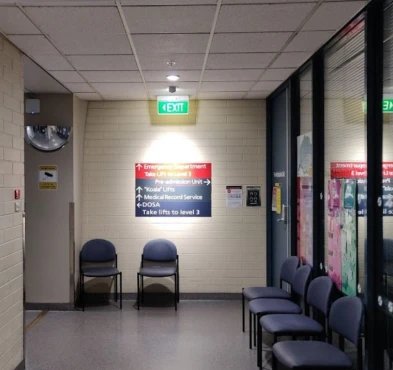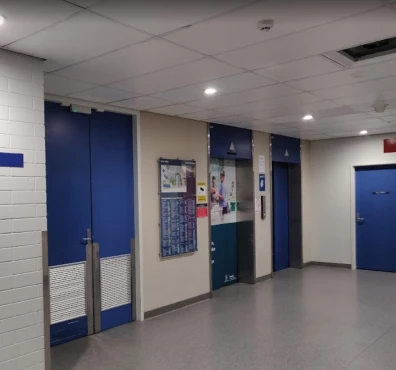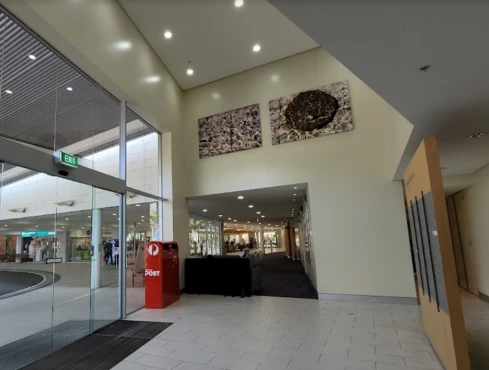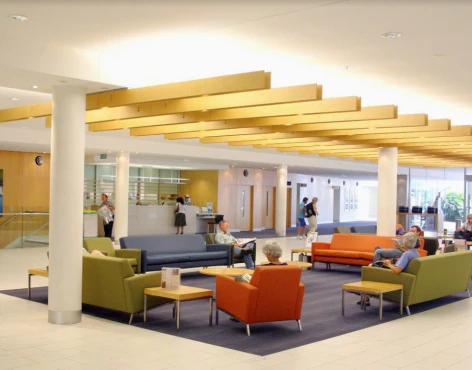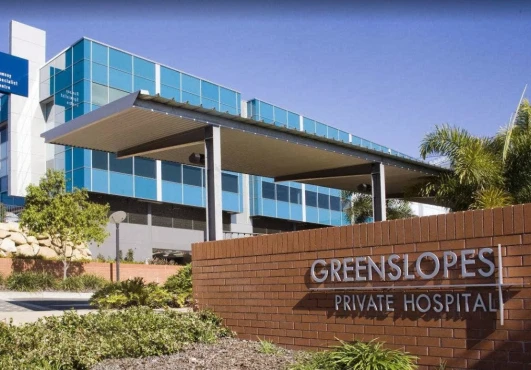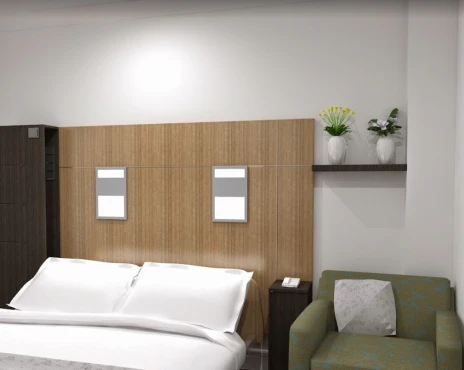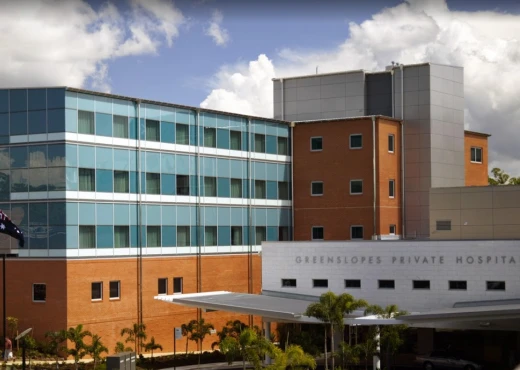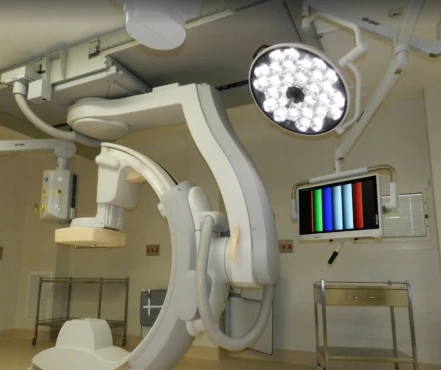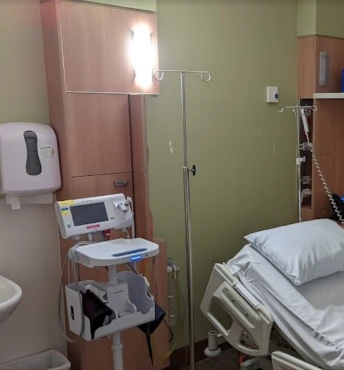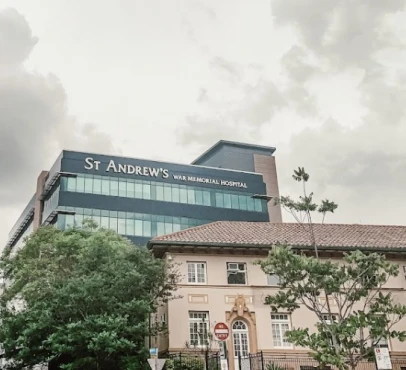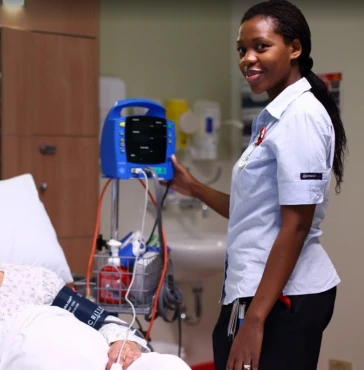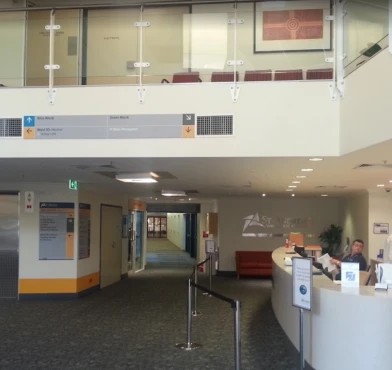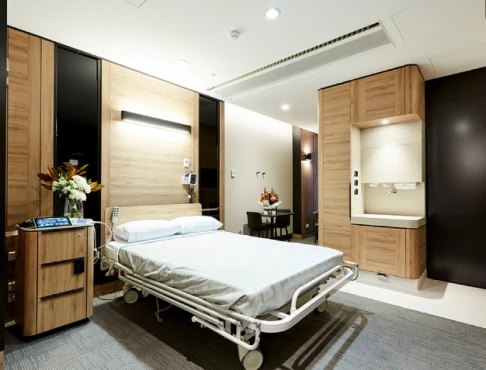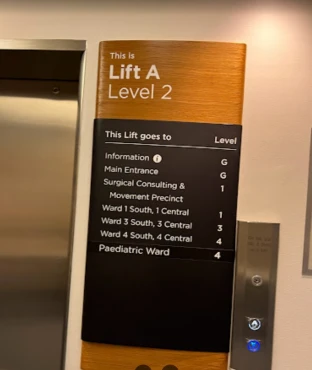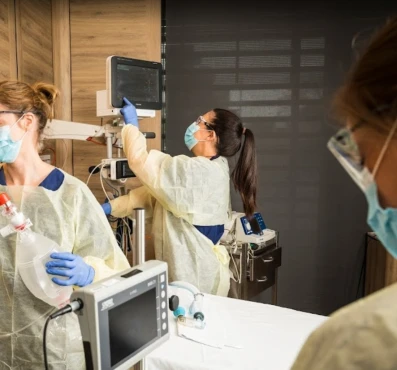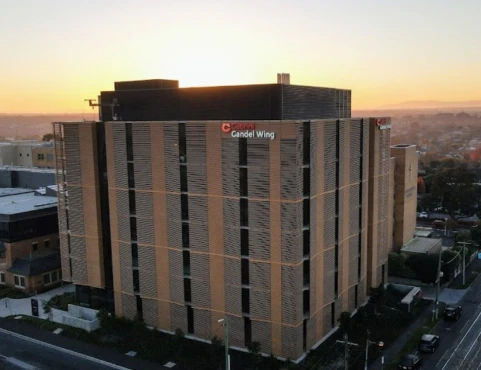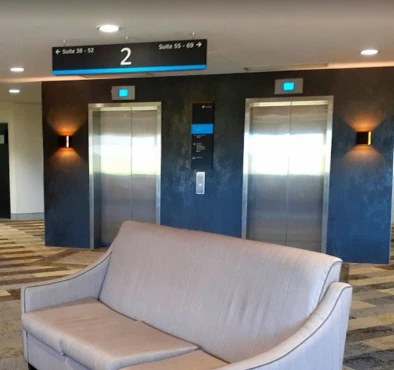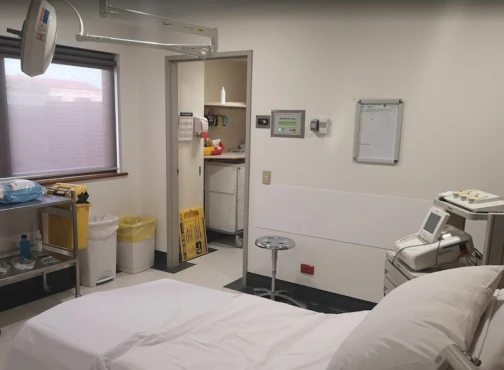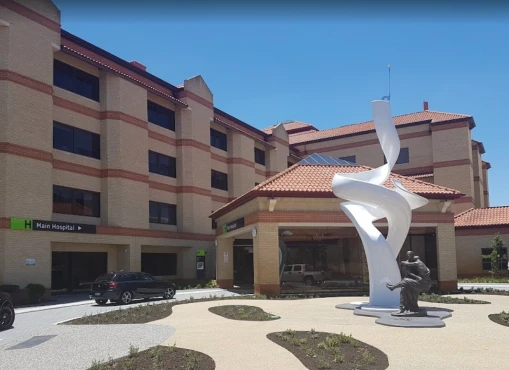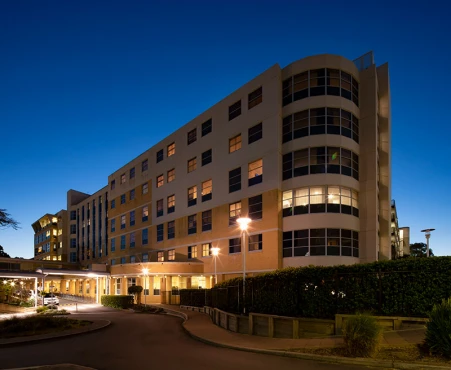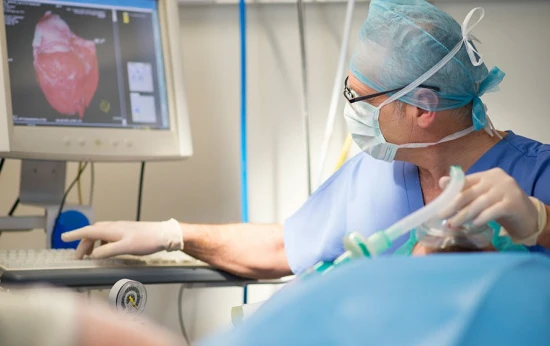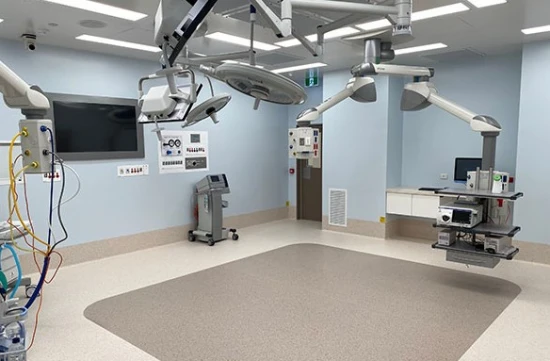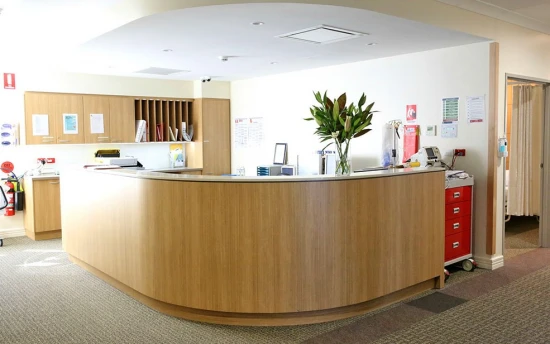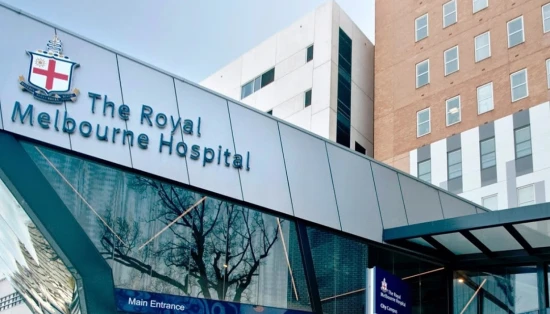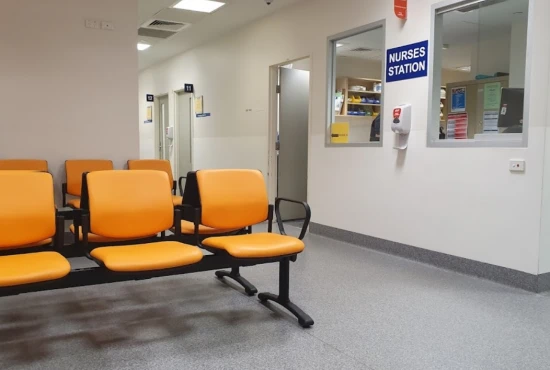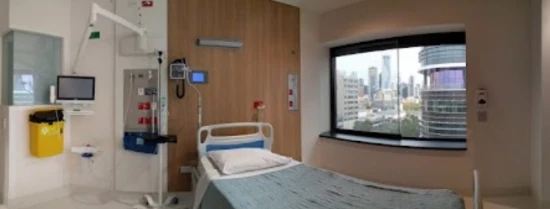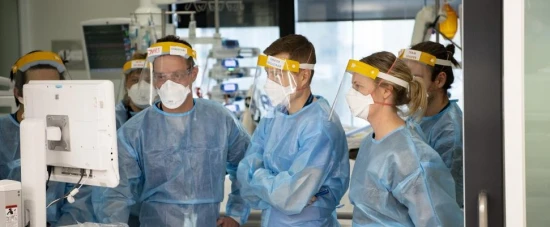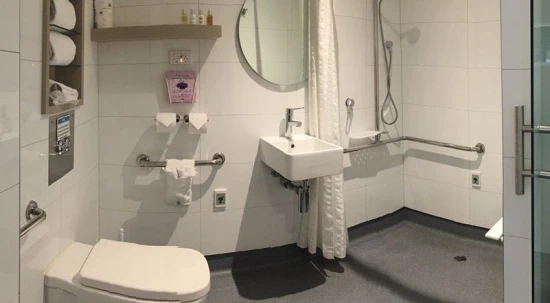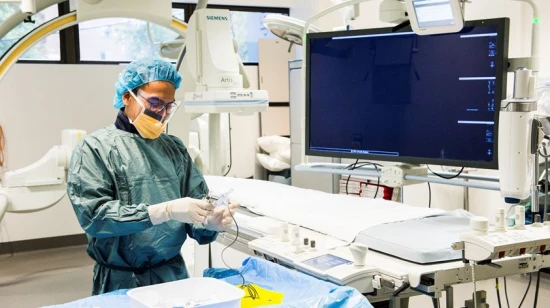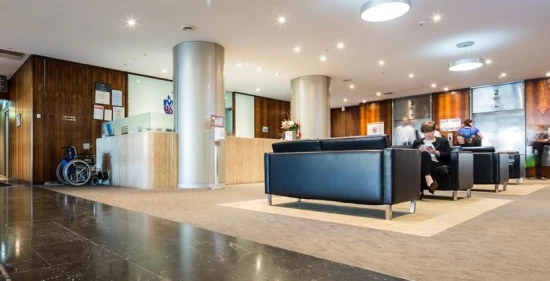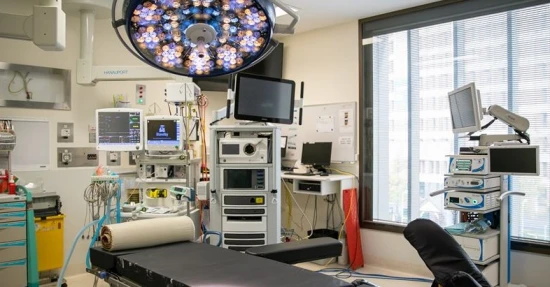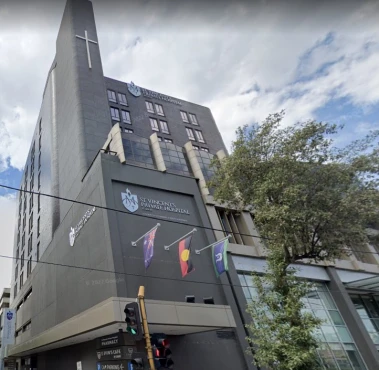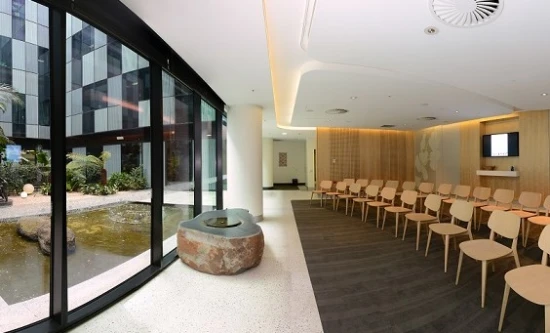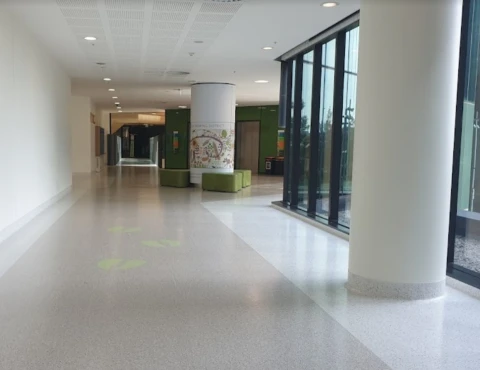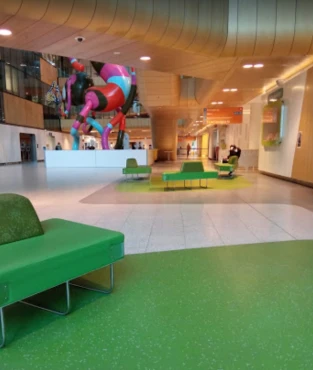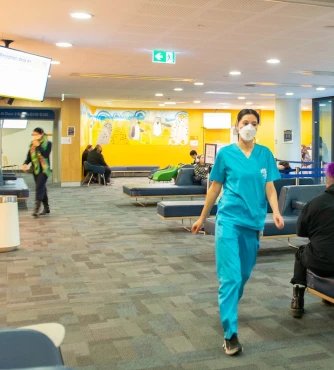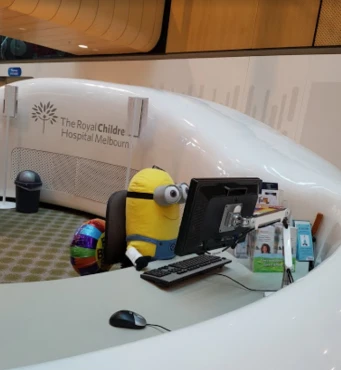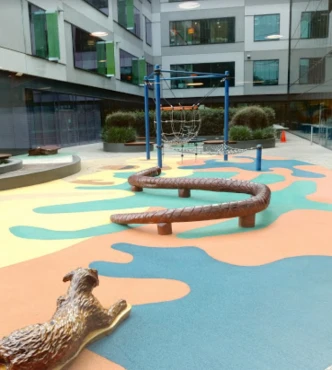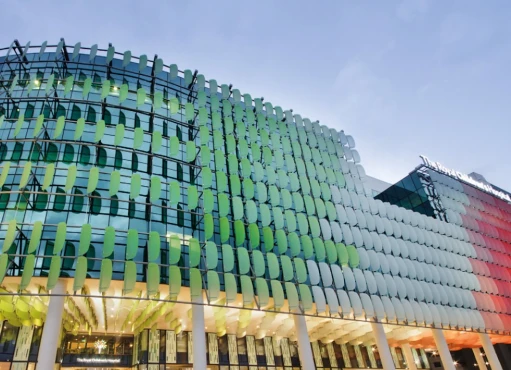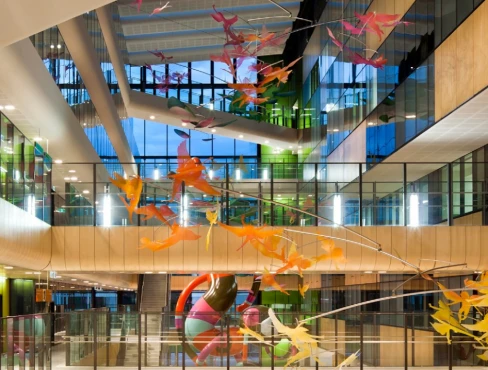Parkinson's disease treatment in 20 Neurosurgery and Oncology clinics in Oceania
20 clinics specializing in Neurosurgery and Oncology providing treatment of
Parkinson's disease
Parkinson's disease is a progressive neurological disorder that affects movement and coordination. It is characterized by symptoms like tremors, stiffness, and difficulty with balance and gait, caused by the loss of dopamine-producing nerve cells in the brain.
Read more...
in Oceania.
-
Functional neurosurgery
≈ $18,693
-
Deep brain stimulation (DBS)
≈ $115,847
-
Pallidotomy
≈ $32,075
-
Brain tumors surgery
≈ $24,807
-
Surgical neurolysis
≈ $4,403
-
Epidural block
≈ $1,304
-
Parotidectomy
≈ $6,208
-
Endoscopic pituitary surgery
≈ $21,828
-
Brain shunt surgery
≈ $13,616
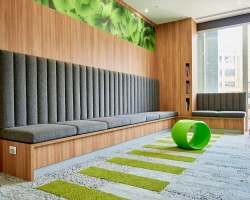
-
Functional neurosurgery
≈ $6,383
-
Deep brain stimulation (DBS)
≈ $82,967
-
Pallidotomy
≈ $14,603
-
Brain aneurysm repair
≈ $21,822
-
Brain aneurysm clipping
≈ $23,629
-
Microvascular decompression (MVD)
≈ $15,606
-
Arteriovenous malformation (AVM) resection
≈ $14,167
-
Brain tumors surgery
≈ $20,023
-
Peripheral nerve repair
≈ $6,183
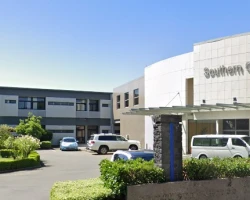
-
Deep brain stimulation (DBS)
≈ $115,847
-
Pallidotomy
≈ $32,075
-
Brain aneurysm repair
≈ $24,501
-
Brain aneurysm clipping
≈ $27,522
-
Microvascular decompression (MVD)
≈ $15,766
-
Arteriovenous malformation (AVM) resection
≈ $24,780
-
Brain tumors surgery
≈ $24,807
-
Peripheral nerve repair
≈ $7,205
-
Nerve decompression surgery
≈ $7,911
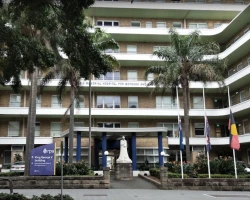
-
Functional neurosurgery
≈ $18,693
-
Peripheral nerve repair
≈ $7,205
-
Nerve decompression surgery
≈ $7,911
-
Surgical neurolysis
≈ $4,403
-
Epidural block
≈ $1,304
-
Radical prostatectomy
≈ $15,150
-
Transurethral resection of the prostate (TURP)
≈ $5,874
-
Radical nephrectomy
≈ $13,339
-
Cranioplasty
≈ $11,740
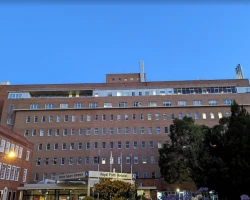
-
Functional neurosurgery
≈ $18,693
-
Deep brain stimulation (DBS)
≈ $115,847
-
Pallidotomy
≈ $32,075
-
Brain aneurysm repair
≈ $24,501
-
Brain aneurysm clipping
≈ $27,522
-
Microvascular decompression (MVD)
≈ $15,766
-
Arteriovenous malformation (AVM) resection
≈ $24,780
-
Brain tumors surgery
≈ $24,807
-
Peripheral nerve repair
≈ $7,205
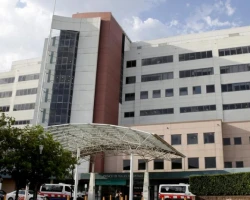
-
Functional neurosurgery
≈ $6,383
-
Deep brain stimulation (DBS)
≈ $82,967
-
Pallidotomy
≈ $14,603
-
Brain aneurysm repair
≈ $21,822
-
Brain aneurysm clipping
≈ $23,629
-
Microvascular decompression (MVD)
≈ $15,606
-
Arteriovenous malformation (AVM) resection
≈ $14,167
-
Brain tumors surgery
≈ $20,023
-
Peripheral nerve repair
≈ $6,183
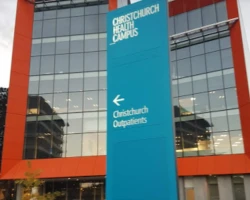
-
Functional neurosurgery
≈ $18,693
-
Deep brain stimulation (DBS)
≈ $115,847
-
Pallidotomy
≈ $32,075
-
Brain aneurysm repair
≈ $24,501
-
Brain aneurysm clipping
≈ $27,522
-
Microvascular decompression (MVD)
≈ $15,766
-
Arteriovenous malformation (AVM) resection
≈ $24,780
-
Brain tumors surgery
≈ $24,807
-
Peripheral nerve repair
≈ $7,205
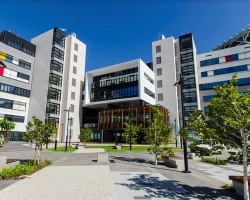
-
Functional neurosurgery
≈ $6,383
-
Deep brain stimulation (DBS)
≈ $82,967
-
Pallidotomy
≈ $14,603
-
Brain aneurysm repair
≈ $21,822
-
Brain aneurysm clipping
≈ $23,629
-
Microvascular decompression (MVD)
≈ $15,606
-
Arteriovenous malformation (AVM) resection
≈ $14,167
-
Brain tumors surgery
≈ $20,023
-
Peripheral nerve repair
≈ $6,183
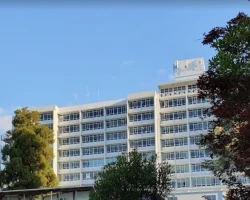
-
Functional neurosurgery
≈ $18,693
-
Brain tumors surgery
≈ $24,807
-
Peripheral nerve repair
≈ $7,205
-
Nerve decompression surgery
≈ $7,911
-
Hemicolectomy
≈ $13,272
-
Rectum anterior resection
≈ $16,455
-
Radical prostatectomy
≈ $15,150
-
Transurethral resection of the prostate (TURP)
≈ $5,874
-
Radical nephrectomy
≈ $13,339
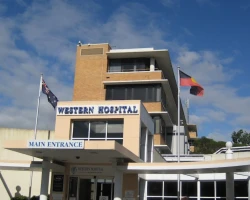
-
Functional neurosurgery
≈ $18,693
-
Deep brain stimulation (DBS)
≈ $115,847
-
Pallidotomy
≈ $32,075
-
Brain aneurysm repair
≈ $24,501
-
Brain aneurysm clipping
≈ $27,522
-
Microvascular decompression (MVD)
≈ $15,766
-
Arteriovenous malformation (AVM) resection
≈ $24,780
-
Brain tumors surgery
≈ $24,807
-
Peripheral nerve repair
≈ $7,205
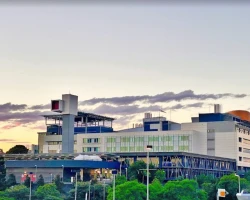
-
Functional neurosurgery
≈ $18,693
-
Brain aneurysm repair
≈ $24,501
-
Brain aneurysm clipping
≈ $27,522
-
Microvascular decompression (MVD)
≈ $15,766
-
Arteriovenous malformation (AVM) resection
≈ $24,780
-
Brain tumors surgery
≈ $24,807
-
Peripheral nerve repair
≈ $7,205
-
Nerve decompression surgery
≈ $7,911
-
Surgical neurolysis
≈ $4,403
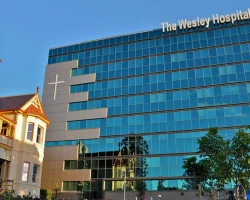
-
Functional neurosurgery
≈ $18,693
-
Peripheral nerve repair
≈ $7,205
-
Nerve decompression surgery
≈ $7,911
-
Surgical neurolysis
≈ $4,403
-
Epidural block
≈ $1,304
-
Hemicolectomy
≈ $13,272
-
Rectum anterior resection
≈ $16,455
-
Radical prostatectomy
≈ $15,150
-
Transurethral resection of the prostate (TURP)
≈ $5,874
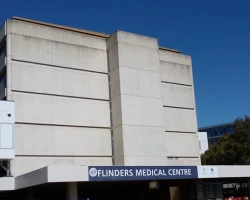
-
Functional neurosurgery
≈ $18,693
-
Deep brain stimulation (DBS)
≈ $115,847
-
Pallidotomy
≈ $32,075
-
Brain aneurysm repair
≈ $24,501
-
Brain aneurysm clipping
≈ $27,522
-
Microvascular decompression (MVD)
≈ $15,766
-
Arteriovenous malformation (AVM) resection
≈ $24,780
-
Brain tumors surgery
≈ $24,807
-
Peripheral nerve repair
≈ $7,205
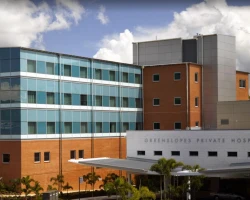
-
Deep brain stimulation (DBS)
≈ $115,847
-
Pallidotomy
≈ $32,075
-
Brain aneurysm repair
≈ $24,501
-
Brain aneurysm clipping
≈ $27,522
-
Microvascular decompression (MVD)
≈ $15,766
-
Arteriovenous malformation (AVM) resection
≈ $24,780
-
Brain tumors surgery
≈ $24,807
-
Peripheral nerve repair
≈ $7,205
-
Nerve decompression surgery
≈ $7,911
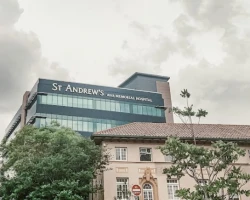
-
Deep brain stimulation (DBS)
≈ $115,847
-
Pallidotomy
≈ $32,075
-
Brain aneurysm repair
≈ $24,501
-
Brain aneurysm clipping
≈ $27,522
-
Microvascular decompression (MVD)
≈ $15,766
-
Arteriovenous malformation (AVM) resection
≈ $24,780
-
Brain tumors surgery
≈ $24,807
-
Peripheral nerve repair
≈ $7,205
-
Nerve decompression surgery
≈ $7,911
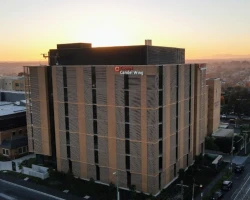
-
Functional neurosurgery
≈ $18,693
-
Brain aneurysm repair
≈ $24,501
-
Brain aneurysm clipping
≈ $27,522
-
Microvascular decompression (MVD)
≈ $15,766
-
Arteriovenous malformation (AVM) resection
≈ $24,780
-
Brain tumors surgery
≈ $24,807
-
Peripheral nerve repair
≈ $7,205
-
Nerve decompression surgery
≈ $7,911
-
Surgical neurolysis
≈ $4,403
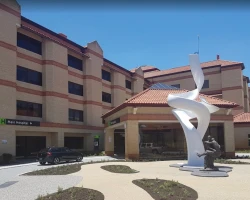
-
Deep brain stimulation (DBS)
≈ $115,847
-
Pallidotomy
≈ $32,075
-
Brain aneurysm repair
≈ $24,501
-
Brain aneurysm clipping
≈ $27,522
-
Microvascular decompression (MVD)
≈ $15,766
-
Arteriovenous malformation (AVM) resection
≈ $24,780
-
Brain tumors surgery
≈ $24,807
-
Peripheral nerve repair
≈ $7,205
-
Nerve decompression surgery
≈ $7,911
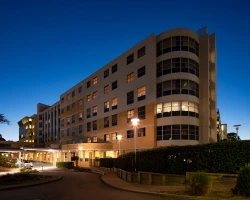
-
Functional neurosurgery
≈ $18,693
-
Deep brain stimulation (DBS)
≈ $115,847
-
Pallidotomy
≈ $32,075
-
Brain aneurysm repair
≈ $24,501
-
Brain aneurysm clipping
≈ $27,522
-
Microvascular decompression (MVD)
≈ $15,766
-
Arteriovenous malformation (AVM) resection
≈ $24,780
-
Brain tumors surgery
≈ $24,807
-
Peripheral nerve repair
≈ $7,205
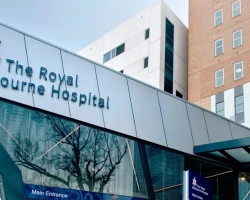
-
Deep brain stimulation (DBS)
≈ $115,847
-
Pallidotomy
≈ $32,075
-
Brain aneurysm repair
≈ $24,501
-
Brain aneurysm clipping
≈ $27,522
-
Microvascular decompression (MVD)
≈ $15,766
-
Arteriovenous malformation (AVM) resection
≈ $24,780
-
Brain tumors surgery
≈ $24,807
-
Surgical neurolysis
≈ $4,403
-
Epidural block
≈ $1,304
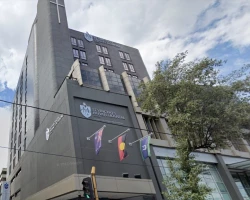
-
Functional neurosurgery
≈ $18,693
-
Brain aneurysm repair
≈ $24,501
-
Brain aneurysm clipping
≈ $27,522
-
Microvascular decompression (MVD)
≈ $15,766
-
Arteriovenous malformation (AVM) resection
≈ $24,780
-
Brain tumors surgery
≈ $24,807
-
Peripheral nerve repair
≈ $7,205
-
Nerve decompression surgery
≈ $7,911
-
Surgical neurolysis
≈ $4,403
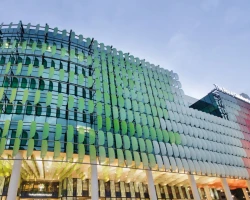
Clinics grouping by rating
Clinic with the highest rating of 4.8 — Southern Cross Hospital, Christchurch in Christchurch, New Zealand, clinic with the most reviews number of 784 — Gold Coast University Hospital in Southport, Australia.
With rating 4.0 and over — 3 clinics .
Countries with the highest number of clinics treating the diseases:
Parkinson's disease:
Related procedures:
Quick navigation
- Brain shunt surgery $13,616 - $14,712
- Cholecystectomy $5,271 - $5,677
- Corpus callosotomy $5,805 - $13,339
- Craniofacial surgery $10,389 - $15,085
- Distal gastric resection $9,498 - $10,163
- Duodenectomy $3,235 - $8,673
- Elevation of depressed skull fracture $8,132 - $18,327
- Endoscopic septostomy $6,119 - $12,873
- Endoscopic third ventriculostomy (ETV) $6,044 - $10,754
- Esophagogastrectomy $36,489 - $98,383
- Extended cholecystectomy $15,118 - $40,473
- Extracranial CSF drainage by request
- Focal resection $4,502 - $11,792
- Functional hemispherectomy $8,671 - $20,392
- Gastric endoscopic submucosal dissection (ESD) $3,103 - $5,633
- Jejunostomy $5,568 - $7,812
- Laparoscopic cholecystectomy $5,677 - $9,108
- Laproscopic total gastrectomy $16,207 - $19,556
- Laser interstitial thermal therapy (LITT) $23,487 - $31,793
- Lumbar puncture $879 - $1,358
- Bell's palsy
- Benign bone tumor
- Bone cancer
- Brain metastases
- Cavernous angioma
- Cavernous hemangioma
- Cerebral cavernous malformation (CCM)
- Cerebrovascular occlusive disease
- Chronic pain
- Craniofacial injury
- Craniopharyngioma
- Eye cancer
- Eye melanoma
- Glossopharyngeal neuralgia
- Head and neck cancer
- Hemifacial spasm
- Hip osteoarthritis
- Intracranial atherosclerotic stenosis (ICAS)
- Intraventricular tumor
- Jaw tumor
